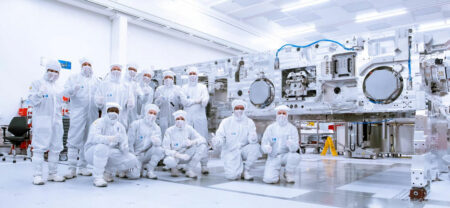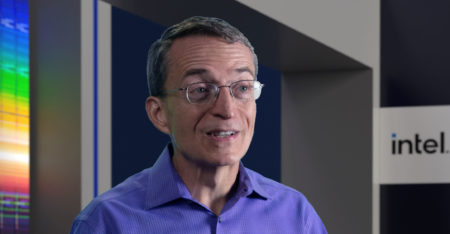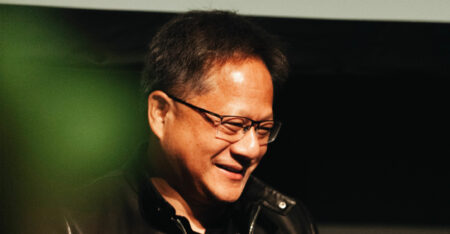Intel has stumbled badly at a time when smaller rival AMD and others are picking up speed. It says it will regain its balance this year.
Browsing: Pat Gelsinger
Intel is hitting all the targets it has set on a path to regain leadership in semiconductor manufacturing, it said.
Intel is planning a major reduction in headcount, likely numbering in the thousands, to cut costs and cope with a sputtering PC market.
Intel, looking to regain its footing in the chip industry, has introduced new PC processors and graphics semiconductors.
We continue our exploration of Intel in episode 4 of Everything PC, this time looking at the challenges facing the chip giant – and what comes next under the leadership of CEO Pat Gelsinger.
In the third episode of Everything PC, we begin our adventure into the world of Intel, the company that in many respects started it all back in 1968.
ASML is building machines the size of double-decker buses, weighing over 200t and costing $400-million, in pursuit of the next generation of computer chips.
Intel shareholders have rejected compensation packages for top executives, including a payout of as much as $178.6-million to CEO Pat Gelsinger.
Are you a computer enthusiast, or in any way interested in PCs? Then Everything PC, TechCentral’s newest technology show launching later this week, is for you.
Nvidia is interested in exploring using Intel for manufacturing its chips, CEO Jensen Huang said on a call with reporters.









